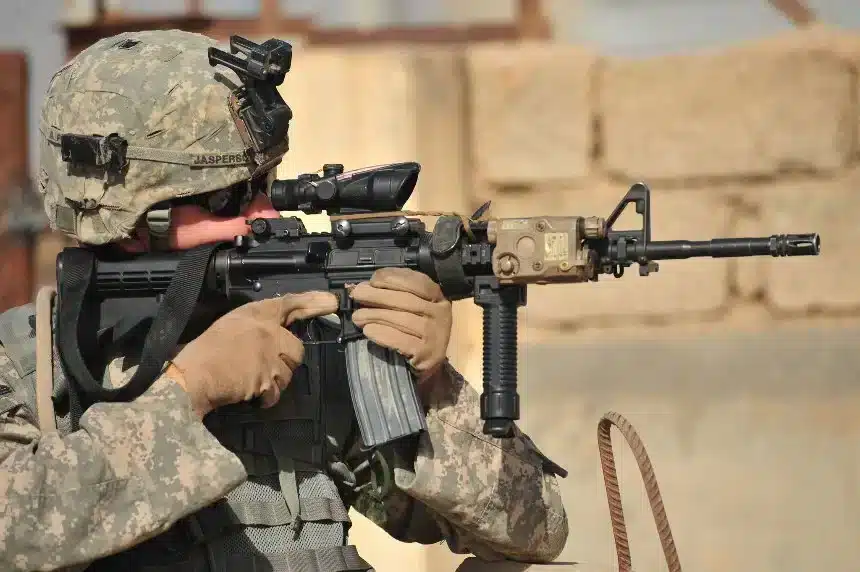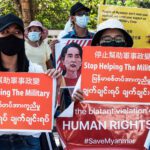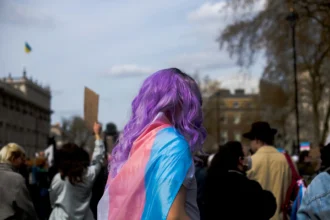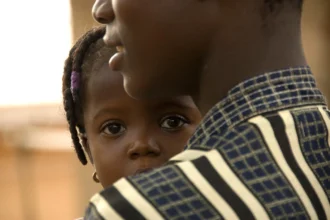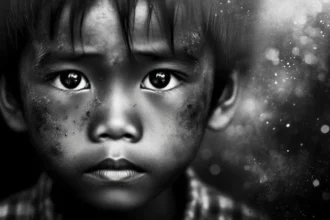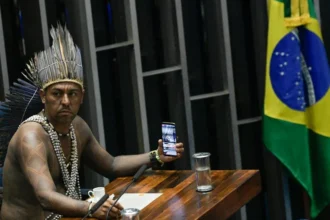In the pulsing center of Iraq, Kirkuk’s struggle is emblematic of the intricate and often volatile quest for human rights. This multicultural metropolis, brimming with a diversity of ethnic and religious communities, represents a dual narrative of optimism and hardship. This article delves into the intricate human rights landscape of Kirkuk, illuminating the multifaceted context, the nature of the transgressions, and their extensive consequences for the international community.
Kirkuk is a melting pot of cultures, languages, and traditions. Yet, beneath this rich tapestry lies a troubling reality. The province has been marred by blatant violations of human rights, particularly against the Kurdish population and other minorities. These violations are committed by militant groups, and the situation is further complicated by the fragmented security ability of the Federal Government of Iraq.
My investigation into the human rights situation in Kirkuk is grounded in an extensive review of international human rights instruments and conventions. I have examined the role of the UN representatives in the province, the resolutions of the UNSC focusing on peace and security in Kirkuk, and the practical challenges faced by the Iraqi Federal Government in protecting human rights.
One of the most glaring human rights violations in Kirkuk is discrimination, especially against the Kurdish population. The government’s removal of Kurdish from official signages, using Arabic exclusively, has sparked a significant outcry. This act symbolizes a broader pattern of marginalization and exclusion.
Moreover, the presence of militant groups has led to severe human rights violations, including displacements, killings, and loss of jobs. The power of these groups often supersedes governmental authority, creating a precarious situation for the people of Kirkuk.
Human rights are the principles that protect all people from political, legal, and social violations. They include the rights to freedom of expression, justice, education, work, and security. Despite Iraq’s commitment to international conventions related to human rights, the situation in Kirkuk reveals a failure to carry out these obligations.
Everyone has their natural and legal rights in society, but the situation in Kirkuk has shown that these rights are often violated. The cause of these violations can be traced to the greater power of militant groups and the fragmented security ability of the government.
The human rights situation in Kirkuk is not just a local issue; it’s a reflection of global challenges and the ongoing quest for justice, equality, and human dignity. It’s a call to action for all of us to stand up for the principles that bind us as a human family.
As we reflect on the situation in Kirkuk, let us remember that the struggle for human rights is a global endeavor. It’s a journey that requires collective effort, empathy, and unwavering commitment. The rights of one are the rights of all, and the story of Kirkuk is a story that belongs to each of us.
Adapted from an academic study for a wider audience, under license CC BY 4.0


